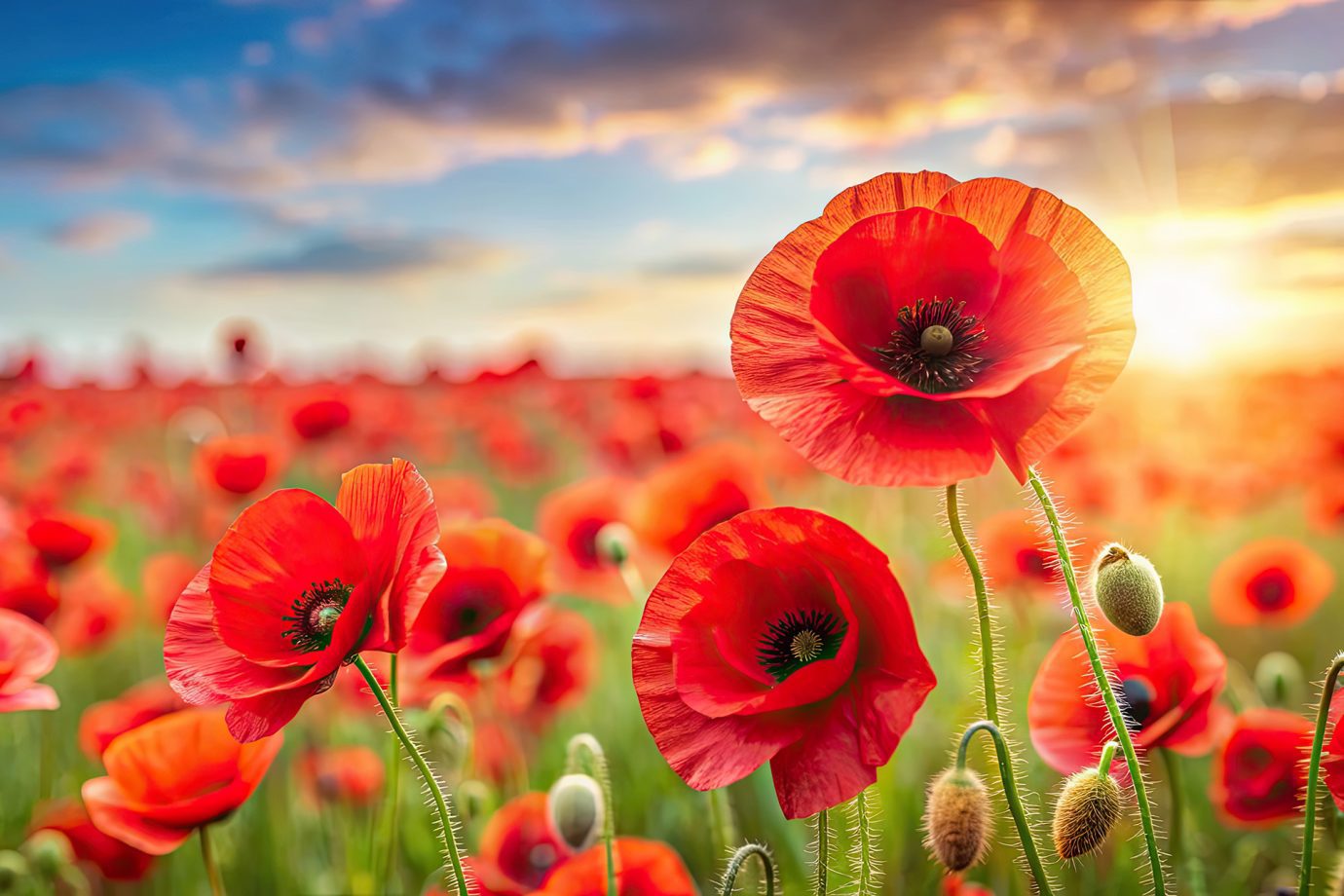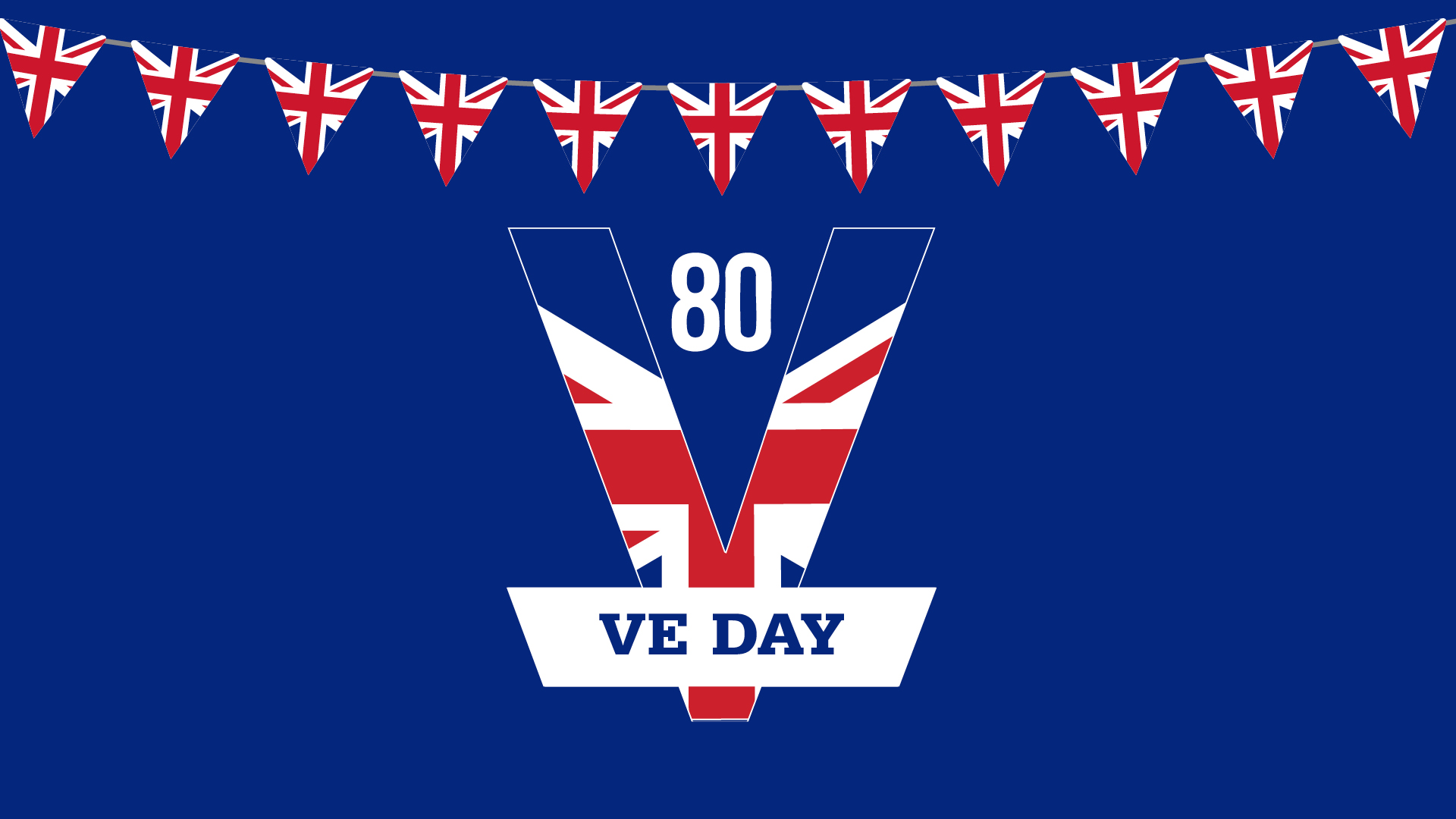Paradise marks 80th anniversary of VE Day

Eighty years on from VE Day, people across Birmingham, the country and the world will be marking this important date in our calendars on Thursday 8 May.
At Paradise, we will be highlighting the anniversary along with other locations across the city as we remember the sacrifice and effort of so many during the Second World War to enable that very first VE (Victory in Europe) Day to take place and end six years of war that had cost millions of lives.
Paradise will as usual be welcoming thousands of people as they relax in Chamberlain Square or pass along Centenary Way.
Winston Churchill started VE Day off with a speech broadcast from Downing Street in which he reminded people of the hard work that was still to come: “We may allow ourselves a brief period of rejoicing, but let us not forget for a moment the toils and efforts that still lie ahead.”
VE Day marked the end of the Second World War in Europe (the war in East Asia continued until 15 August when VJ Day marked the end of hostilities with Japan) and led to celebrations across the country and around the world.
The 80th anniversary of VE Day is a time for the city and the nation to come together, remember and learn anew the stories of those that served their country. From the servicemen who fought, to children who were evacuated, and women on the home front who all contributed to the eventual victory of Britain and its Allies.

In 1945 Birmingham, the morning of 8 May began with rain before the sun emerged to shine on the thousands of school children dressed in red, white and blue congregated in Victoria Square and Chamberlain Square as well as spreading out along the top of New Street and Colmore Row.
Repairs to the Central Library, Council House and Museum & Art Gallery were still underway after bomb damage – Birmingham was the third most bombed city in the country during the Second World War after London and Liverpool.
St Philip’s Cathedral (itself badly damaged by an incendiary bomb in 1940) and Aston Parish Church offered regular services throughout the day and in the afternoon the people of Birmingham flooded into the city centre to enjoy the festivities along with their fellow citizens. Come evening, bonfires were lit in public parks as schoolchildren enjoyed an unexpected holiday.
The King’s speech was heard in revered silence at 9pm and many of the same children who had enjoyed the day’s festivities were allowed to stay up to hear the monarch’s words on the radio. George VI declared: “Today we give thanks. At this hour, when the dreadful shadow of war has passed from our hearths and homes in these islands, we may at last pause for thanksgiving before turning our thoughts to the tasks all over the world which peace in Europe brings with it.”
The King also addressed people directly, saying:
“The Queen and I know the ordeals which you have endured. We are proud to have shared some of these ordeals with you and we know also that we together shall all face the future with stern resolve and prove that our reserves of willpower and vitality are inexhaustible. We kept faith with ourselves and with one another, we kept faith and unity with our great allies. That faith, that unity has carried us to victory through dangers which at times seemed overwhelming.”
Crucially, people remembered the continuing war in the Far East and thought of those they had loved and lost – especially the many who had contributed to a victory they didn’t get to see for themselves.
It was a tumultuous, joyous and emotional day, a time well captured by Brummie author Jonathan Coe in his novel Bournville: “What a strange atmosphere the place had today. Everyone seemed unsettled, half-excited and half exhausted, as if torn between joy that the war was over at last and the freedom to admit, finally, what an ordeal it had been.”